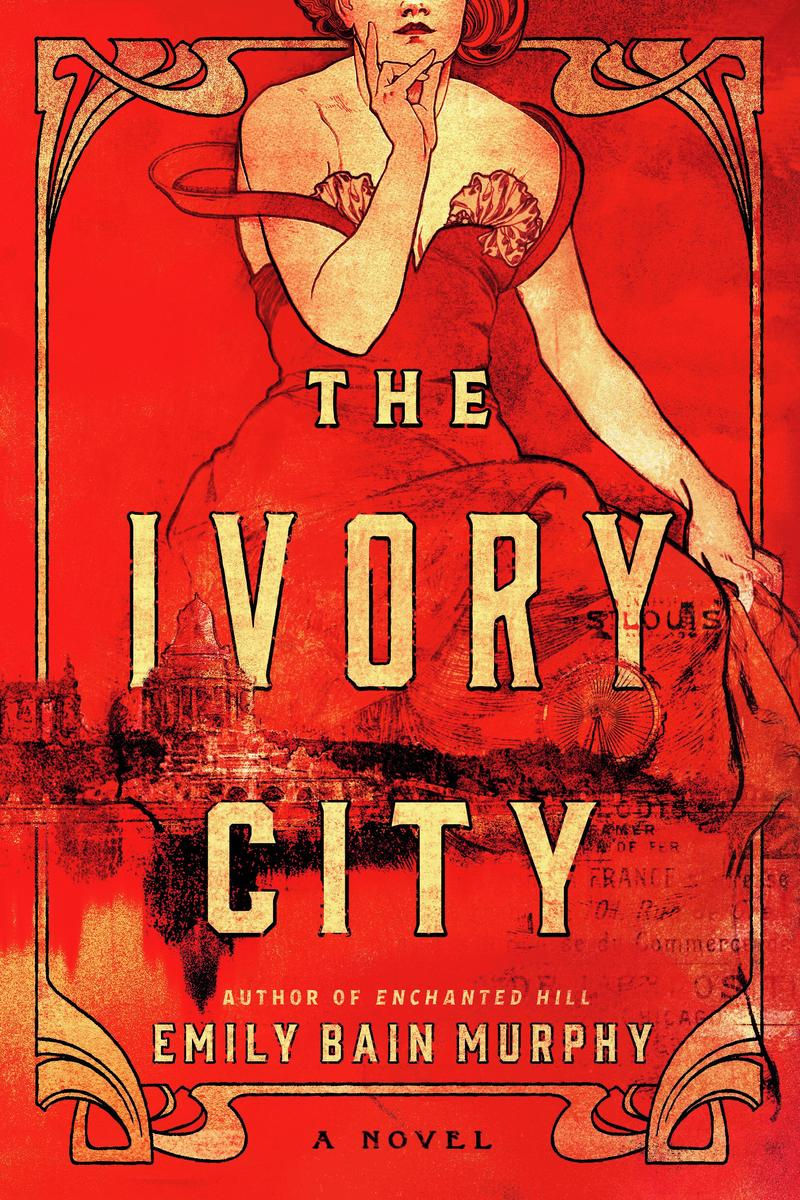"Violeta" | Reviewed by Pat Sainz
- cstucky2

- Feb 21, 2022
- 2 min read
“Violeta,” by Isabel Allende, is a sweeping historical fiction novel covering the life of a resilient woman born in an unnamed South American country during the Spanish influenza. Violeta dies 100 years later, just as the COVID-19 begins taking its toll worldwide. Violeta tells her story in a narrative resembling a letter to the most important person left to her.
Organized into four parts, each with six chapters, Violeta recounts her early years of living during a pandemic and a move to the countryside after her reckless father plunges the family into poverty during the Depression. In this unfamiliar, magical, rural setting, Violeta develops lifelong ties with memorable family, friends and place.
Violeta’s adult life includes a tepid marriage, children, successful business ventures, and a passionate romance with a stranger who profoundly affects her life. She ruefully accepts her lover’s cooperation with the cruel South American military, and his participation in the CIA’s duplicitous role in a political coup because it is advantageous to her family.
Violeta has the gift of entrepreneurship and a charismatic personality which helps her acquire great wealth. Her beauty attracts interesting men from different places in the world; her life is full of travel.
Fictional figures emulate people important to Allende. A Spanish bishop, Vasco de Quiroga, who protected the legacy of Indians in South America, is reincarnated as Father Juan Quiroga, after whom Violeta names her son. The life of Felipe Barrios, a Jesuit priest who founded missions in Latin American and is still active in 2020, is a model for the life work of Allende’s grandson.
The sadness and the joys Violeta experiences mirrors that of Allende’s own life. Allende survived a military overthrow which forced her to leave Chile to save her life. She experienced the death of a young adult child. She was friends with revolutionaries, and as a successful author has established a foundation to help women in crises.
The connections between Allende’s own life and that of her fictional characters are typical of Allende’s many works which include “A Long Petal to the Sea,” “Paula,” and “House of Spirits.” She has won numerous literary prizes including The National Prize for Literature in 2010.

.png)





Comments